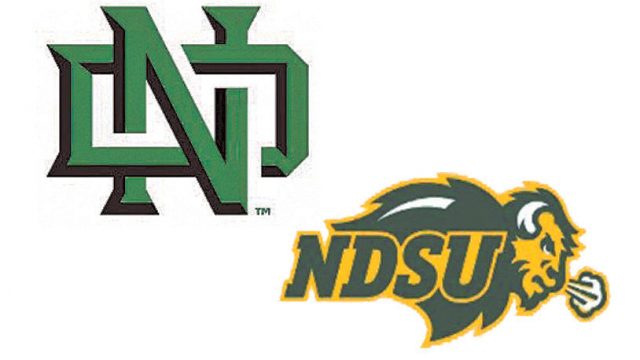North Dakota's Two Biggest Universities Score Low For Value

College rankings can be tricky business. But they’re also big business. For instance, the annual ranking of universities by U.S. News & World Report has become so influential in terms of driving students to the campuses which do well that some less-than-scrupulous institutions have taken to gaming them.
Others criticize the rankings. As The Economist notes:
AMERICAN universities claim to hate the simplistic, reductive college rankings published by magazines like US News, which wield ever-growing influence over where students attend. Many have even called for an information boycott against the authors of such ratings. Among the well-founded criticisms of these popular league tables is that they do not measure how much universities help their students, but rather what type of students choose to attend each college. A well-known economics paper by Stacy Dale and Alan Krueger found that people who attended elite colleges do not make more money than do workers who were accepted to the same institutions but chose less selective ones instead—suggesting that Harvard graduates tend to be rich because they were already intelligent and hard-working before they entered college, not because of the education or opportunities the university provided.
I tend to agree with that last statement. While certainly higher education is of great benefit in the right set of circumstances, there is also a degree of self-selection going on when we measure the success of college students. After all, the sort of student who has the drive and ambition to attend college and get a degree which assists them in a successful career would like have brought that drive an ambition to any endeavor.
We tend to see universities as making kids successful, but it may be more accurate to say that kids who already have the traits to be successful generally attend and graduate from college.
Anyway, to address the concerns with the more popular college rankings, The Economist created some rankings of their own based on the value a university provides students. “The Economist’s first-ever college rankings are based on a simple, if debatable, premise: the economic value of a university is equal to the gap between how much money its graduates earn, and how much they might have made had they studied elsewhere,” the magazine writes.
Two schools in North Dakota were ranked, and neither did particularly well.
Out of 1,275 schools ranked, the University of North Dakota and North Dakota State ranked 907 and 1025:
The rankings controlled for things like income levels in the areas where the institutions operate, and what sort of degrees the institutions generally issue. While I’m a staunch critic of the higher education status quo both nationally and here in North Dakota, this ranking seems based on a faulty premise which supposes that students are widgets which can be dropped into any given “factory” with varying results.
It’s a nice idea that any given student could sign up for a top engineering school, emerge as an engineer, and make a lot more money. But not every student is cut out to be an engineer, and our society has a finite demand for engineering. Which is to say, not everyone can or should be an engineer.
But students who aren’t engineers, students with career tracks that will not command top-tier wages, still need a place to study and earn their degrees. Degrees which may still have value, just not the same value as an engineering degree from Caltech.
For students and parents, what is far less important than how a school performs in any given ranking is whether or not a school can impart the sort of skills a given student can put to work in a career that’s fulfilling not just financially but personally as well.





